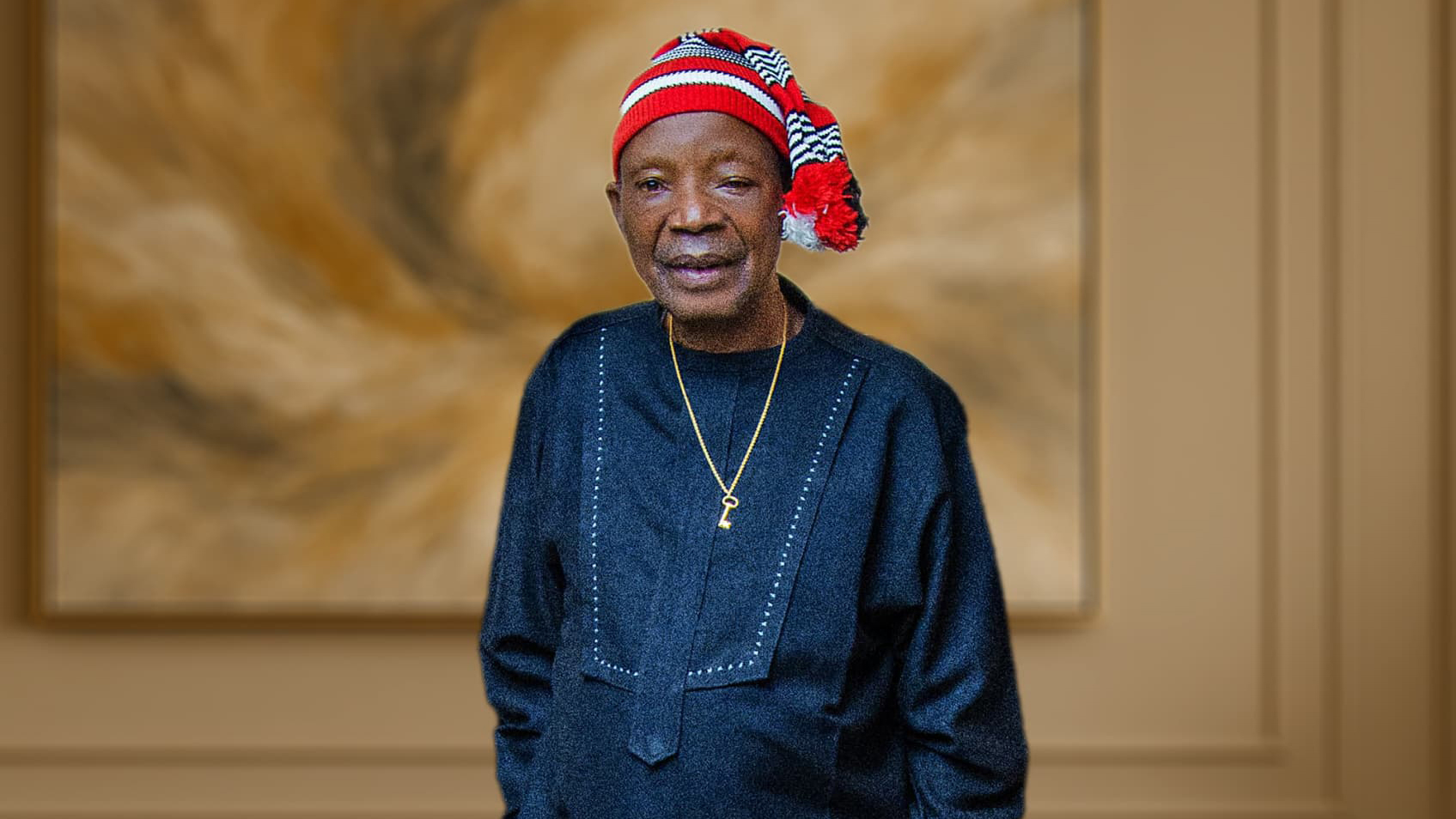President Bola Tinubu has reiterated that the fuel subsidy regime was unsustainable and only beneficial to the affluent Nigerians.Speaking during the opening of a National Conference on Public Accounts and Fiscal Governance, organised by the Public Accounts Committees (PACS) of the Senate and House of Representatives, yesterday,he explained that money saved from the removal of fuel subsidy was being channeled into critical infrastructure, social safety nets, and targeted economic reforms aimed at rebuilding public trust and promoting inclusive development.
Represented by the Minister of State for Finance, Dr Doris Nkiruka Uzoka-Anite, Tinubu maintained that the policy, though painful,was necessary to free up fiscal space and redirect national resources to sectors that benefit the broader population.
The President recalled that in 2022 alone, Nigeria spent over N4tr on fuel subsidies, more than what was allocated to capital expenditure, adding that it was not only unsustainable, but unjust since the subsidy regime disproportionately benefited the affluent, encouraged smuggling and bred inefficiency in the polity.
Lamenting that Nigeria’s economy had been burdened by structural inefficiencies, fiscal leakages and an overreliance on oil revenues, the President described fiscal governance as the lifeblood of national development, stressing that without transparency, accountability, and sound management of public resources, no nation could prosper, regardless of its natural wealth.
Highlighting other key reforms, he pointed to the newly signed tax reform laws, which he said would simplify compliance, expand the tax base, digitise collections, and harmonise multiple taxes to ease doing business in Nigeria.
On monetary policy, Tinubu acknowledged the Central Bank’s efforts in stabilising the naira, taming inflation, and coordinating effectively with fiscal authorities.
The Senate President, Godswill Akpabio, urged the Public Accounts Committees (PACs) of the National Assembly to assert their constitutional powers in enforcing transparency and accountability in government, warning against the growing trend of non-compliance with legislative summons.
Represented by Senator Abdul Ningi, Akpabio emphasised that Nigeria’s progress was inseparable from effective fiscal oversight, which is the central mandate of the PACs.
Speaker of the House of Representatives, Abbas Tajudeen, raised the alarm over Nigeria’s unresolved fiscal infractions, revealing that over N300 billion in public funds flagged by audit reports remain unrecovered.
Represented by House Leader, Julius Ihonbvere, he warned that fiscal responsibility cannot thrive where audit queries are routinely ignored without consequence.
Chairman of the Senate Public Accounts Committee (SPAC), Ahmed Wadada, called on Nigeria’s public institutions and leadership across sectors to recommit to a new era of fiscal integrity and responsible governance.
He said the era of fiscal recklessness must end.






